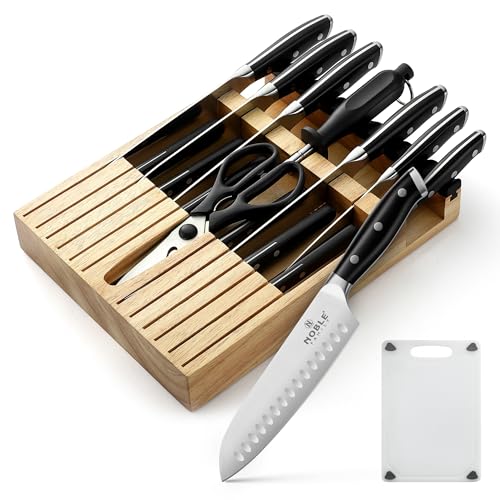I have an end grain wooden cutting board that has been "maintained" with olive oil for a long time not by me to "protect it" and what happened is that the olive oil oxidated and is smelly and sticky and the cutting board is soaked with it
is there any way to revive it or it needs to go to the trash?
is there any way to revive it or it needs to go to the trash?
























